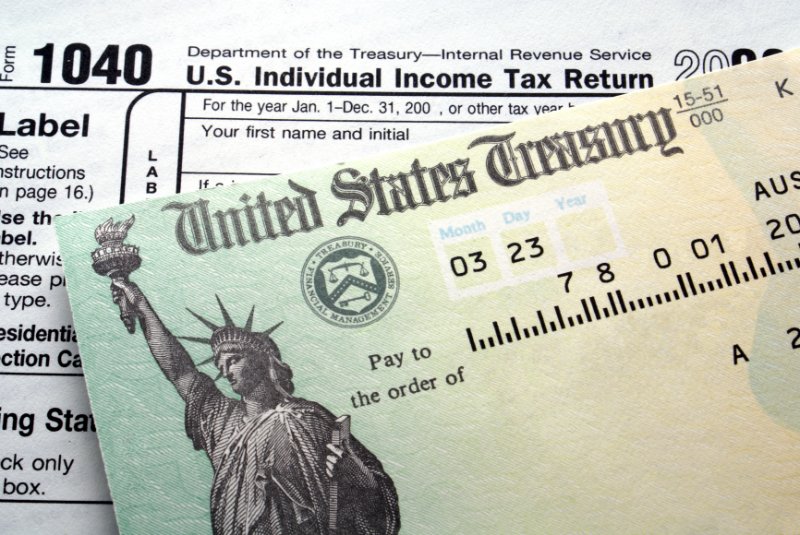How to stop the IRS from taking your tax refund
November 01, 2019 by Selena Quintanilla, CTEC
Many of us, myself included, often underestimate how effective taking precautionary measures can be. But when it comes to things like physical and financial wellness, staying vigilant can make a world of difference. Too often we learn this lesson the hard way. We may end up getting sick or having our refund garnished by the IRS, which could also make you feel sick. So, in honor of wellness month, let's discuss the top reasons why the IRS could keep part or all of your refund, and how to stop that from happening.
First thing first: The IRS can keep your refund to offset any federal or government debt without prior notice. Once your refund has been garnished, it's nearly impossible to get it back. I say "nearly" because there are some circumstances, such as economic hardships or innocent/injured spouse cases, that could make for an exception.
The most common debts that can lead to garnishment are unpaid income tax, past due child support payments, and unpaid student loans. However, your refund can also be intercepted to offset state unemployment debts, overdue state income tax, and spousal support. Now, let's talk about preventive care.
The more you know, the more you can do.
If any of the above situations apply to you, you can call the IRS to see if your account has been flagged for garnishment. I called their automated line last year to test this out myself. They'll let you know if your refund has been flagged but will not disclose which agency flagged it. For those details, you will need to contact the Offset and Debt Division of the US Department of the Treasury's Bureau of Financial Management Service directly. And here is the "more you can do" part of the lesson. Once you know your refund has been flagged and which agency is looking to collect, you can reach out to them directly to validate the information and set up a payment plan − if warranted.
As uncomfortable as this seems, it's not nearly as uncomfortable as waiting months for a tax refund only to receive notification from the IRS that you aren't getting one. I get it, times are tough and money is tight, but if you don't want to go through all of this, the easiest thing to do is to stay on top your debt as much as possible.





